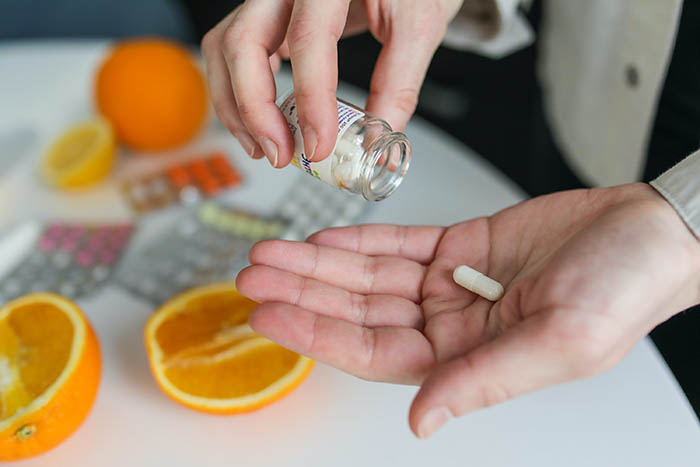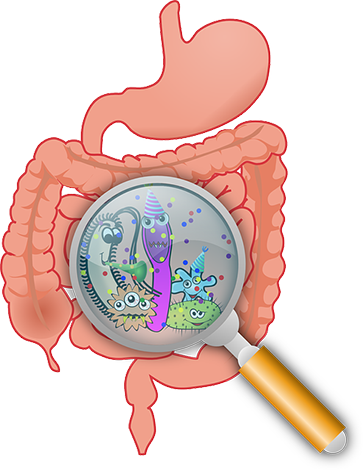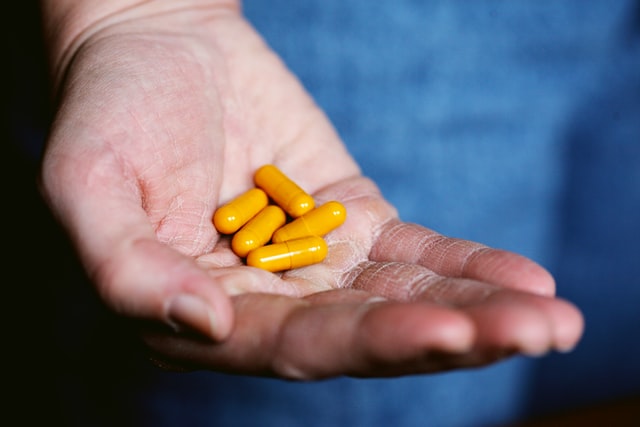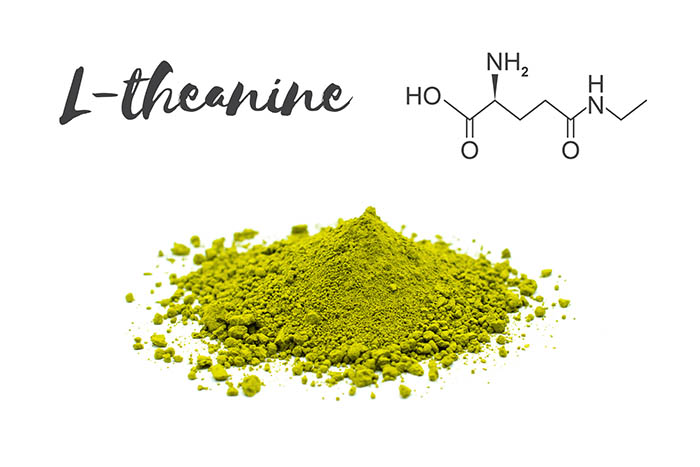How Long Does It Take For Probiotics To Work

Behind vitamins and minerals, probiotics are the third most commonly used dietary supplement. Over the decades, the topic of probiotics has captured the attention of both the scientific world and the general public. As recently as 1973, PubMed medical database hardly listed any publications on the subject of probiotics – today, there are about 20,000.
A broad range of medical practitioners from acupuncturists and naturopaths to traditional medical doctors are all recommending probiotics to their patients for a wide range of medical conditions. You don’t need a doctor’s subscription to buy probiotics; they’re available over the counter like vitamins.
There is some important health information that you should know before you start taking probiotics. Keep reading to learn all about how probiotics work, how long it takes for probiotics to start working, how to choose the right probiotic for you, what probiotics may do for your gut health, and more.
What Are Probiotics?
Probiotics are living microorganisms like bacteria and yeast that can positively impact your health when used correctly. Our gut microbiome is incredibly complex, holding around 100 trillion bacteria. In this active and lively environment, there exist both “bad” bacteria and “good” bacteria. Probiotics help with your digestive health by supporting the good bacteria and balancing your gut flora.

The active bacterial cultures in probiotics help to keep your gut healthy by providing balance, which is a very important aspect of gut health. Probiotics can be found in supplements as well as in certain foods. The most common probiotic foods include dairy products such as kefir and yogurt, and many fermented foods such as kimchi, sauerkraut, and kombucha.
The Most Common Types of Probiotics
While the list of known, beneficial probiotics is quite extensive, some of the most well-known are:
- Lactobacillus: This type of bacteria naturally inhabits our digestive, urinary, and genital systems. This “good” bacteria helps prevent the overgrowth of harmful bacteria and is commonly used to help treat diarrhea, irritable bowel syndrome (IBS), inflammation in the digestive tract, and other general digestion problems.
- Bifidobacterium – This bacteria is native to your intestines and is commonly used to help treat diarrhea, constipation, IBS, and to ward off the flu and the common cold.
- Saccharomyces boulardii – This probiotic is actually a yeast that is believed to fight off disease-causing bacteria. With similarities to the groups mentioned above, it is also commonly used to help treat diarrhea, and there is also some evidence of it being used to help with the treatment of acne and digestive tract infections.
These probiotics work by helping to break down food, absorb nutrients, and keep bad bacteria in check. Read on to get a better understanding of how these friendly microorganisms help to improve your health.
How Probiotics Work

The balance of bacteria in your body is constantly shifting. This is especially true after being sick, taking antibiotics, changing your diet, or participating in any number of activities that disturb your microorganism equilibrium. Probiotics can help by reintroducing good bacteria into your body so your microbiome can return to a healthy balance.
Promoting a healthy balance of bacteria by enriching your gut flora with probiotic supplementation can help:
- Support immune function.
- Keep bad bacteria from growing excessively.
- Break down and digest food.
- Reduce allergies and food intolerances.
- Improve gastrointestinal issues like diarrhea, IBS, and ulcerative colitis.
- Strengthen the immune system.
- Treat some cases of eczema, acne, and other inflammatory skin conditions.
Research shows a relationship between gut bacteria and mental health. It has been found that probiotics may help improve mood and cognitive function and lessen the effects of stress, anxiety, and depression.
How to Tell if Probiotics Are Working
Aside from the obvious answer (your symptoms improve after using them), there are several side-effects and symptoms that you might experience while taking probiotics, especially when you first start out.
You may experience temporary digestive and intestinal discomfort including increased gas, bloating, and constipation. These issues may get worse as your body adjusts to the new microorganisms that probiotic-rich foods or probiotic supplements provide, but they should subside before long.
After your body gets used to the probiotic, you should see a reduction in negative symptoms, an improvement in gastrointestinal issues, and you may experience an overall feeling of well-being.
If you aren’t seeing any forward progress, be sure to review the next section to get an understanding of what might be going wrong.
Why They Might Not Be Working
There are several reasons you might not be seeing the results you want. Probiotics work differently than pharmaceutical medicine and may interact with your body in unusual ways.
Depending on how severe your health challenges are and the beginning state of your body’s microbiome, the time it takes to see the effects can vary. One thing to be aware of is the quantity of probiotics that you are taking. Colony forming units (CFU) is the measurement of how many live organisms are present in a dose.
When you take probiotics, most of the organisms you ingest get killed by stomach acid. Some probiotic supplements are designed to survive stomach acid by using special enteric coatings, or spore-forming probiotic strains that can survive the harsh environment and make it to the intestines. Because getting the dosage right depends on so many factors, it’s important to use a trusted science-based brand, get advice from a knowledgeable healthcare provider, and do some personal experimentation.
It’s also important to note that certain strains of probiotics are better suited for certain conditions, so it’s necessary to make sure you know which strain you should use for your specific needs.
Finally, one major reason that you might not be seeing the positive effects of probiotics is the lack of commitment to one strain. In a search to find the best probiotic, many people switch between probiotic strains too quickly to see any health benefits. After taking one strain for a few days and seeing no effect, or even a seemingly negative effect, people may switch to a different strain only to experience the same disappointment.
So then, how long should you be waiting?
How Long Does It Take to See Results?

There are many variables that determine when you might start to experience positive effects from a probiotic product. This can depend on the severity of your ailment, the specific strain you’re using, and the dosage you are taking.
Keeping a health journal to track symptoms can help you determine if there’s been a valuable change after a few weeks. If you’re experiencing very slight effects, it’s a good idea to be extra observant and patient as it may take a little longer for noticeable, long-term health benefits to appear.
Tracking the symptoms and the positive effects you’ve noticed will help you evaluate the effectiveness of a particular probiotic strain or formula, and will help you determine which probiotic products are most effective for you.
In the end, how do you know if you should continue to take a probiotic? The ultimate decision is up to your body. While some side effects are common in the beginning, long-term a probiotic should help you feel better.
Finding the Right Probiotic

While adding probiotic foods to your diet is an easy way to fortify your gut flora, probiotic supplementation has many unique benefits that are not available from food.
For example, if you have allergies to dairy products or get headaches from the amines in certain probiotic foods, a probiotic supplement could be a great choice for you. Taking a probiotic supplement also makes it easy to get in the recommended amount of colony forming units (CFU) as suggested by professionals. As stated above, choosing the right dose for you will be the result of trial and error, but starting in the “normal” range is a good first step. This number is usually between 1 billion and 10 billion CFU.
As previously mentioned, certain strains are better suited for certain conditions, and finding a successful probiotic supplement involves finding the strain that best suits your specific needs. Here are some examples of effective strain/condition matches:
- For help treating the symptoms of irritable bowel syndrome (IBS), L. plantarum and B. infantis were found to be the most effective.
- For preventing traveler’s diarrhea, S. boulardii was found to be the most effective.
- For preventing antibiotic-associated diarrhea (AAD), S. boulardii, L. casei, and the mixture of L. acidophilus with L. casei with L. rhamnosus, were found to be the most effective.
There are many strains to consider when choosing the right supplement, and it can be helpful to look at the research regarding effective probiotic use.
General Safety and Effective Use
The Food and Drug Administration (FDA) classifies dietary supplements as food, which means unlike drugs, they don’t need FDA approval to be marketed. Despite this, research is still being done, and the FDA is developing a methodology for determining the safety and purity of probiotics in clinical treatment contexts.
When putting anything into your body, safety should come first. For a small number of people that have serious immune deficiencies or other severe medical conditions, probiotics should only be used under the close supervision of a medical professional.
Even if you don’t fall into this at-risk group, you should take time to research the credibility and user experiences of the probiotic products you’re interested in. Besides assessing the product quality, be sure to check the ingredient list for things you might be allergic to, or unnecessary additives that might cause a reaction.
To ensure both safety and effectiveness, you should look for high-quality cultures and trustworthy brands. Be sure to use products before their expiration date to get the full effect of the live cultures, and store your themas directed by the manufacturer.
Health Benefits

Here’s a list of some of the common benefits people get from taking probiotics.
- Relief from lactose intolerance
- Fewer urinary tract infections
- Fewer yeast infections
- Relief from eczema
- Relief from diarrhea, including antibiotic-associated diarrhea (AAD)
- Women’s health benefits including relief from bacterial infections
- Relief from irritable bowel syndrome (IBS)
- Relief from inflammatory bowel disease (IBD)
- Reduced anxiety and improved mood
- General feeling of health and well-being
Some of these benefits are backed by scientific evidence, and some are backed by overwhelming anecdotal evidence. Research into probiotics is constantly evolving as new studies are conducted and more and more positive effects are discovered.
The Things to Remember
These are the key takeaways to keep in mind when considering whether you should take probiotics, the best probiotics to take or how long does it take for probiotics to work.
“Good” bacteria help your digestive system work properly and ensure a healthy gut microbiome. Probiotics can help support and reintroduce beneficial bacteria and keep a positive balance of microorganisms in your body.
The most common types of probiotics include lactobacillus (bacteria), bifidobacterium (bacteria), and saccharomyces boulardii (yeast). Depending on your body, different types of probiotics may be more or less effective. There is definitely no one size fits all solution.
The most common reasons for supplementing with probiotics is to alleviate gastrointestinal issues, lessen anxiety, and boost the immune system. You may experience symptoms when you first start using a probiotic, most commonly gastrointestinal symptoms including gas and bloating.
Discerning the effectiveness of a probiotic can be difficult, especially if you are not sure what to look for.
The time it takes to see results can vary depending on the quality of the product, the severity of the user’s condition, and the type of strains and their dosage.
Prioritize safety. Make sure you aren’t allergic to any ingredients in the probiotic and ask for the advice of a medical professional if you are in an at risk group (such as those who are severely immunocompromised).
If you want to give probiotics a try and see what it feels like to have a balanced gut, mind, and body, consider trying EntheoZen’s probiotic supplement ZenBiotic. Designed by a neuroscientist and made with scientifically validated ingredients, ZenBiotic is backed by a money back guarantee.





